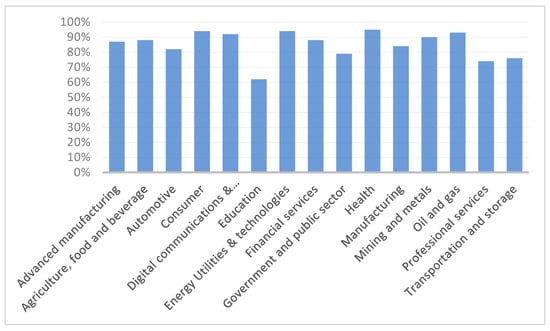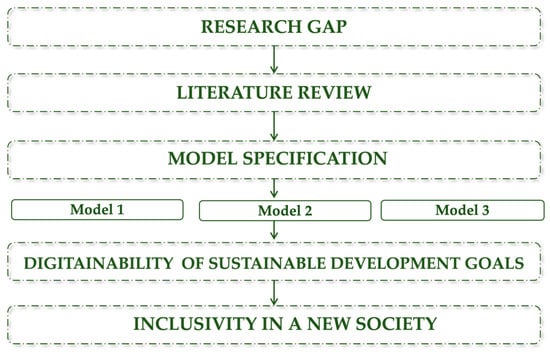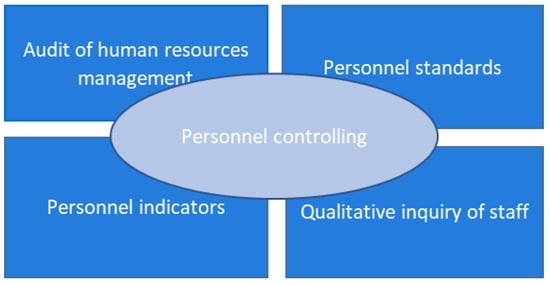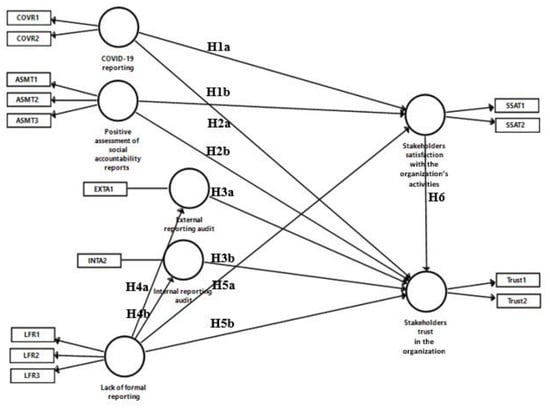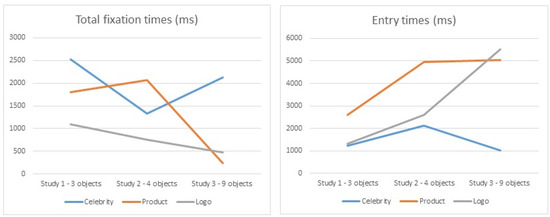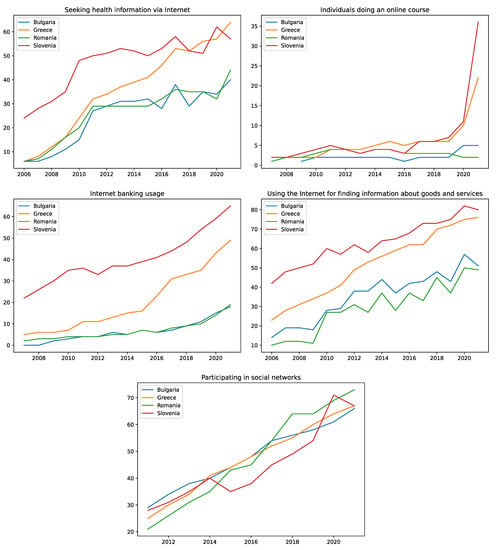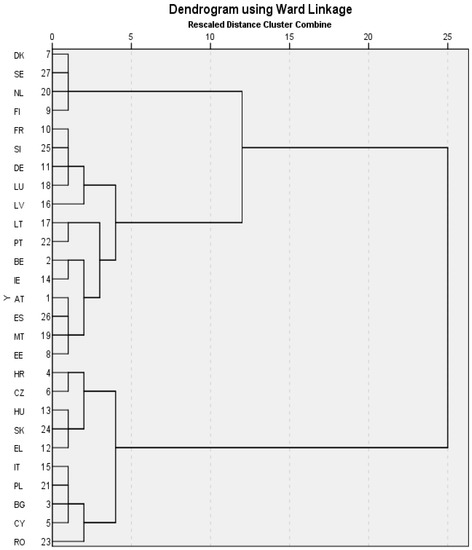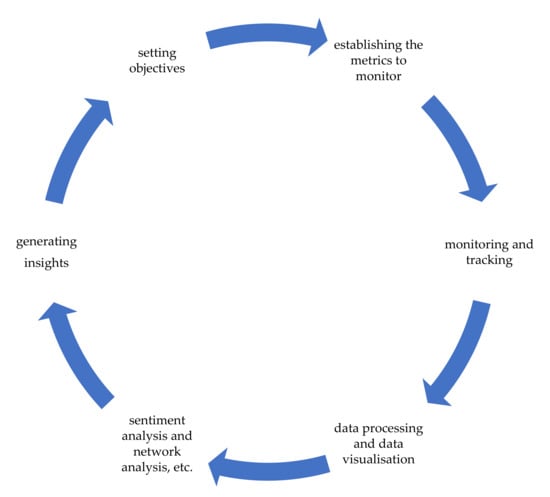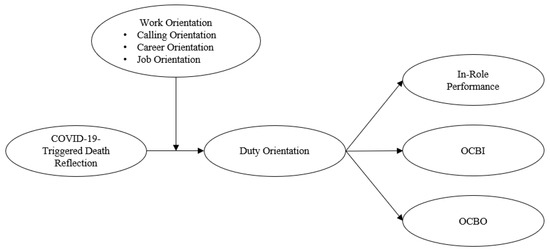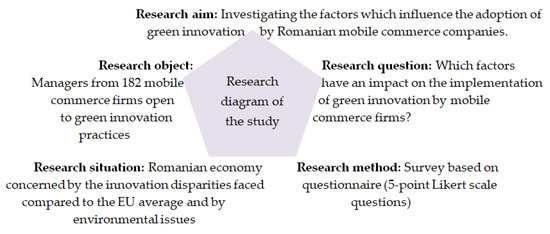SDGs in the Age of New Industrial Revolutions—Impacts, Trends, and Issues beyond the COVID-19 Pandemic
A topical collection in Sustainability (ISSN 2071-1050). This collection belongs to the section "Economic and Business Aspects of Sustainability".
Viewed by 65760Editors
Interests: consumer behavior; sustainable marketing; retail marketing; international marketing
Special Issues, Collections and Topics in MDPI journals
Interests: management; sustainability, CSR; quality management; strategic management; human resources management; ISO standards; quality management systems
Special Issues, Collections and Topics in MDPI journals
Interests: economics; micro and macroeconomics; financial economics; monetary economics
Special Issues, Collections and Topics in MDPI journals
Interests: automation and robotics
Special Issues, Collections and Topics in MDPI journals
Interests: logistics; supply chain management; retail management; organizational behavior
Special Issues, Collections and Topics in MDPI journals
Topical Collection Information
Dear Colleagues,
In the context of the COVID-19 pandemic, one of the major obstacles on the route to sustainable growth is the restructuring of industrial output. As a result, expectations for New Industrial Revolutions' (Industry 4.0 and Industry 5.0) contribution are high. However, little research has been conducted on the relationship between the United Nations 2030 Agenda's Sustainable Development Goals (SDGs) on the one hand, and the digitalization of industrial processes and research and innovation put at the service of the transition to a sustainable, human-centric and resilient industry on the other hand. As a result, it can be claimed that, in order to support sustainable development, sustainability must be an intrinsic part of both Industry 4.0 and Industry 5.0 deployment. As a result, the digital manufacturing and research and innovation ideas must take crucial sustainability aspects into account.
This Special Issue is looking for researchers, practitioners, academic members, policymakers, and decisionmakers who are interested in the trends, issues, and impact of SDG development in the context of the evolution and circumstances of 2020.
As a result, this Special Issue will cover a variety of interest areas that address, explain, and detail actions toward the 17 Sustainable Development Goals, as well as provide an opportunity to explore a variety of issues that have recently arisen, bringing together various themes such as health, education, climate and climate change, globalisation, economy, finance, management, innovation, from the perspective of the SDGs, Industry 4.0, which is enabled by Internet technologies to create smart products, a smart production, and smart services, and Industry 5.0, which brings benefits for industry, for workers and for society, making industries more resilient against external shocks, such as the COVID-19 crisis.
In view of the above, the proposed Special Issue aims to include (but is not limited to) the following topics and questions of interest on the impact of SDGs beyond the COVID-19 pandemic:
- SDGs and their trends
- Industry 4.0 and impact on SDGs
- Industry 5.0 and impact on SDGs
- Sustainability and digitalisation
- Digital manufacturing
- E-commerce and digitalisation
- Technology and innovation
- Innovation promotion
- Service innovation
- Process innovation
- Digitalisation and new techniques influencing the acquisition of SDGs
- Vertical networking
- Integration of smart technologies
- Horizontal integration
- Process reengineering
- Value chain
- Exponential technologies
- Resilient infrastructure
- Inclusive and sustainable industrialisation
- People-Planet-Prosperity from an Industry 4.0 perspective
- Sustainable, human-centric and resilient industry from an Industry 5.0 perspective
Prof. Dr. Dan-Cristian Dabija
Prof. Dr. Catalina Soriana Sitnikov
Prof. Dr. Anca Bandoi
Prof. Dr. Dana Danciulescu
Prof. Dr. Cristinel Vasiliu
Guest Editors
Manuscript Submission Information
Manuscripts should be submitted online at www.mdpi.com by registering and logging in to this website. Once you are registered, click here to go to the submission form. Manuscripts can be submitted until the deadline. All submissions that pass pre-check are peer-reviewed. Accepted papers will be published continuously in the journal (as soon as accepted) and will be listed together on the collection website. Research articles, review articles as well as short communications are invited. For planned papers, a title and short abstract (about 100 words) can be sent to the Editorial Office for announcement on this website.
Submitted manuscripts should not have been published previously, nor be under consideration for publication elsewhere (except conference proceedings papers). All manuscripts are thoroughly refereed through a single-blind peer-review process. A guide for authors and other relevant information for submission of manuscripts is available on the Instructions for Authors page. Sustainability is an international peer-reviewed open access semimonthly journal published by MDPI.
Please visit the Instructions for Authors page before submitting a manuscript. The Article Processing Charge (APC) for publication in this open access journal is 2400 CHF (Swiss Francs). Submitted papers should be well formatted and use good English. Authors may use MDPI's English editing service prior to publication or during author revisions.
Keywords
- SDGs
- Industry 4.0
- Industry 5.0
- sustainability
- technology
- Internet of Things (IoT)
- artificial intelligence (AI)
- data analytics
- machine learning
- sustainable development
- sustainable industry
- human-centric industry
- resilient industry
- environmental compliance
- COVID-19 pandemic










